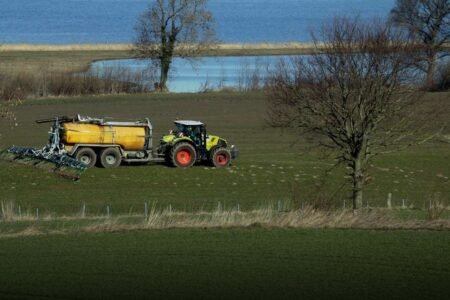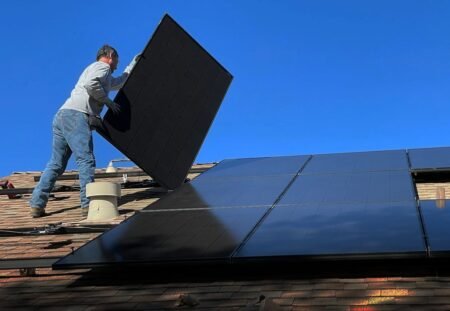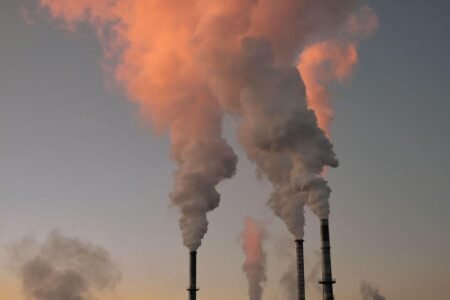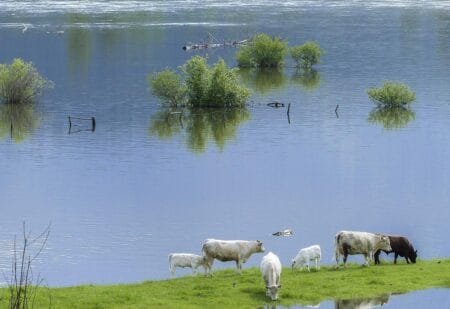As discussions on making Europe more climate and water resilient intensify, the European Commission has released a set of reports covering the implementation of the Water Framework Directive (WFD), Floods Directive and the Marine Strategy Framework Directive, revealing that Member States have failed to protect citizens from the effects of droughts, floods, and sea level rise, as well as to ensure adequate quantities of good quality water.

Some of the key findings include:
- Persistent implementation gaps. The WFD has improved understanding of Europe’s water status, but progress is hindered by late identification of key pressures and underestimation of effort needed to restore all EU waters to ecological health.
- Insufficient reduction of key pressures. Major threats like diffuse pollution and habitat degradation remain largely unaddressed. Restoration efforts to tackle past damage, including hydro-morphological changes and legacy pollution, are still inadequate.
- Slow and ineffective policy measures. Many Member States fail to align measures with real pressures, relying on ‘techno-fixes’ for point source pollution while neglecting broader pollution sources and ecosystem-based solutions.
- Lack of policy integration across sectors. Water protection is undermined by weak alignment with agriculture, energy and transport policies, preventing the WFD from achieving its full impact.
- Water protection deprioritised in favour of economic activities. Despite the legal deadline, MS are still not prioritising the measures needed to reach good water status.
- Insufficient ambition in implementation. Most countries rely on basic measures rather than scaling up supplementary measures crucial for achieving WFD objectives.
- Escalating climate risks. Rising temperatures, increasing droughts, severe floods, such as those in Italy, Spain, Greece and Central Europe in 2024 further threaten water resilience.
- Funding and administrative constraints. Limited investment and lack of technical capacity continue to hinder implementation, slowing down meaningful progress.
- Widespread delays and non-compliance. Several MS, including Bulgaria, Cyprus, Greece, Malta, Portugal, Slovenia and Ireland, failed to submit their River Basin and Flood Risk Management Plans on time, triggering EU infringement processes.
- Nature-based solutions underutilised. Nearly all Member States include nature-based solutions in their FRMPs, but few scale them up effectively for climate adaptation and resilience building.
- Not reaching key targets. Most Member States will not reach Good Ecological Status by 2027, a target already delayed from 2015.
- Groundwater ecosystems overlooked in national assessments. Contrary to the Groundwater Directive, many Member States fail to consider the needs of groundwater-dependent ecosystems.
The reports also included a call for evidence for the Water Resilience Strategy. The European Commission is set to present this strategy later this year to address the current water crisis and increasing water challenges.
Commenting on the findings, the Living Rivers Europe NGO coalition said:
“How many social and economic catastrophes are needed to make national governments take action? The devastating impact of DANA last year already made it abundantly clear that we need to rethink how we protect ourselves against floods and other disasters that will only intensify with climate change. Our resilience and preparedness will be seriously compromised if Member States continue to neglect rivers, lakes and wetlands, and keep refusing to effectively implement the WFD and nature-based solutions.
“Member States must make water management a national priority by addressing water pollution, reducing net water use where water stress hits, and protecting and restoring our rivers, lakes, and wetlands, which are our best allies in restoring the water cycle and buffering against climate change impacts.
“The findings of this report are also a strong call for EU leaders to commit to maintaining and enforcing the WFD, and properly integrate water into all aspects of EU policies in the next mandate, as part of the upcoming EU Water Resilience Strategy.”
The six-yearly implementation report to the European Parliament and Council evaluates Member States’ River Basin Management Plans and Flood Risk Management Plans for the period 2022 to 2027, as required under the WFD and Flood Directive.








